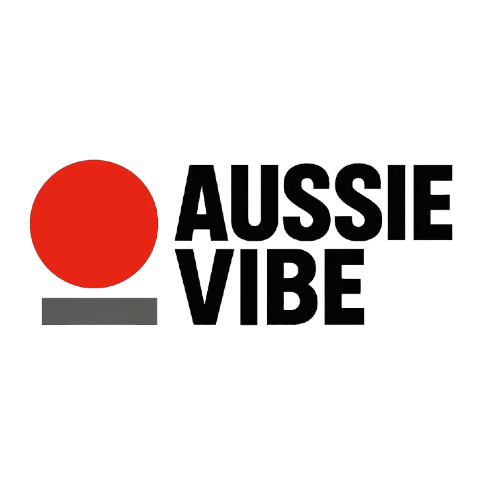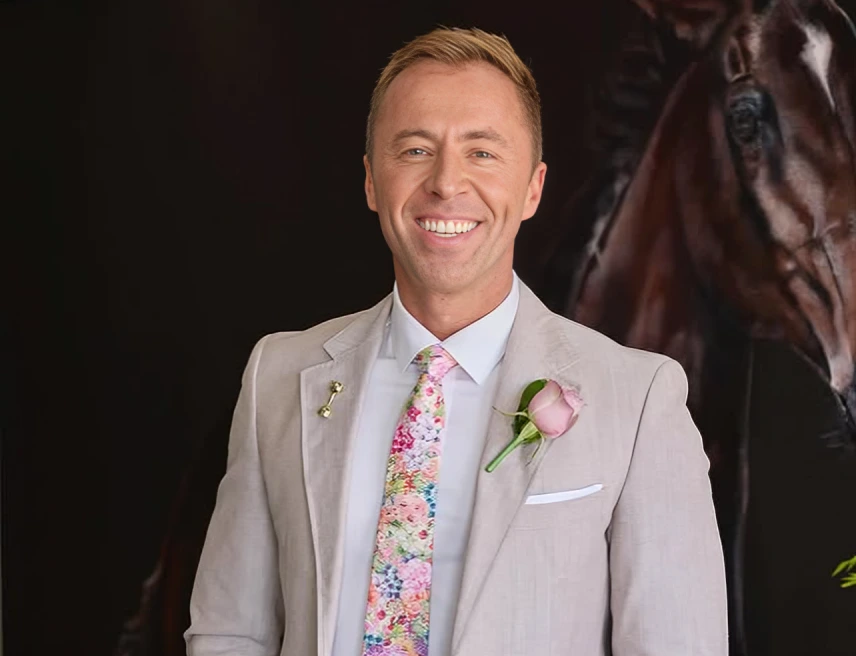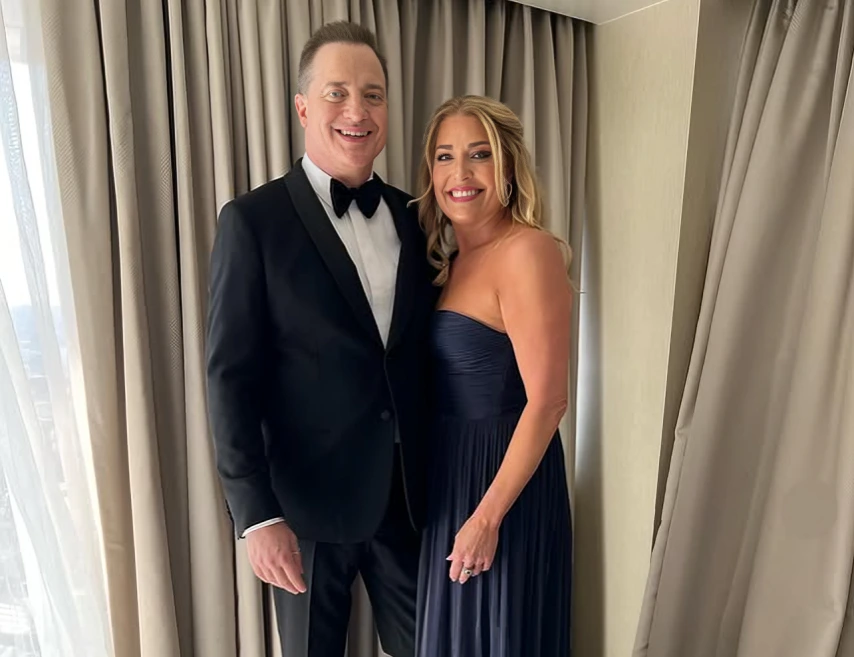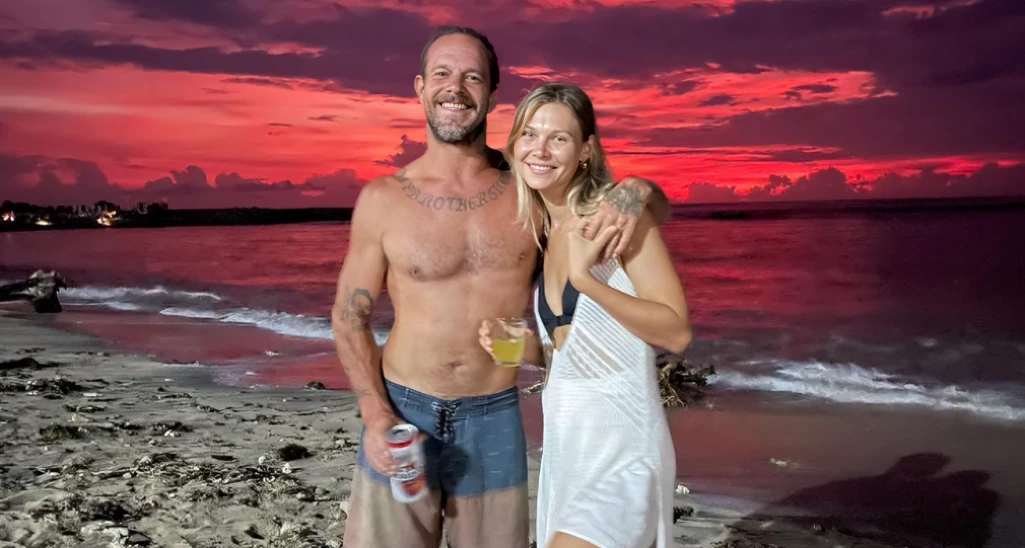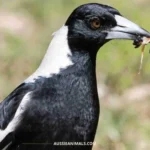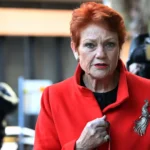Now Reading: How Pauline Hanson’s net worth grew over time
-
01
How Pauline Hanson’s net worth grew over time
How Pauline Hanson’s net worth grew over time
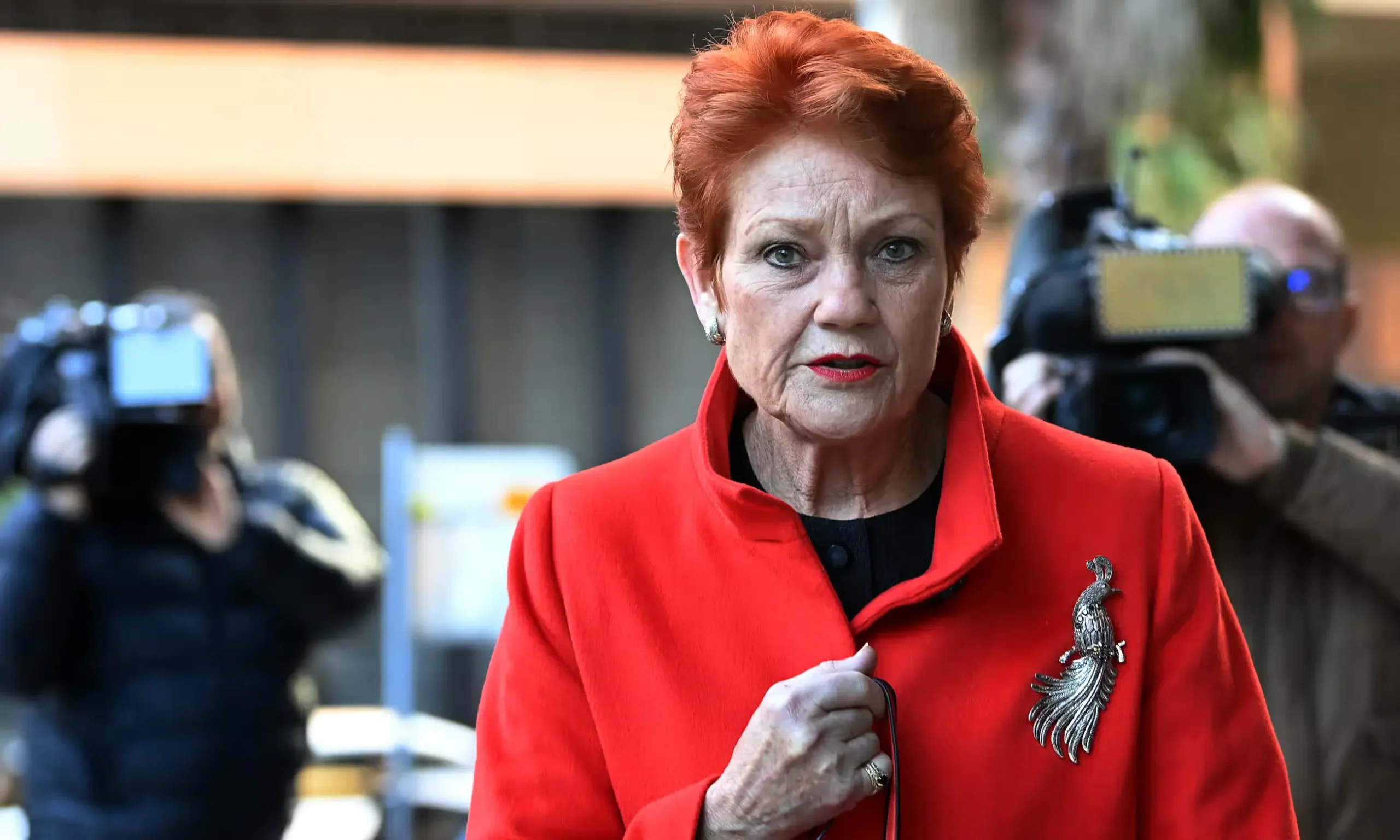
In the world of Aussie politics, few names stir debate like Pauline Hanson. Long-term senator and founding member of the One Nation political party, Hanson has had a career distinguished by media attention, political tenacity, and controversy. While she’s often in the spotlight, plenty of Aussies are still wondering: What is the true Pauline Hanson net worth?
This article examines Pauline Hanson’s estimated net worth, income sources, and historical changes in her financial situation. Written in Australian English, these ideas are meant for readers throughout Australia.
Who is Pauline Hanson?
Pauline Hanson, a well-known figure in Australian politics, is the founder of the One Nation party. She was born in Brisbane in 1954 and gained early recognition running a fish and chip shop in Ipswich, Queensland, before rising to political prominence in the 1990s. Hanson is known for her strong positions on immigration, Indigenous affairs and national identity. She became a household name when she won a federal seat in 1996. Over the years, she has been a prominent and sometimes controversial figure in Australian politics, which has earned her income not just from Parliament, but also from books, media appearances and property investments.
What is Pauline Hanson’s net worth in 2025?
Depending on the source, Pauline Hanson net worth by the end of 2025 is estimated to be anywhere from $5 million to $20 million. The lower estimate lines up with estimates that include her parliamentary salary, property, book royalties and media income. The higher figure is around $20 million and follows some recent reporting and public commentary reflecting her diverse income streams and possibly unreported assets.
Some obscure sources would even claim to know she is worth more than $80 million, which isn’t evidenced and seems exaggerated. Either way, the wide range of estimates only further highlights the importance of separating conservative estimates from more achieves a broad measure of her worth even through speculative means.
From fish and chips to federal politics
Before making headlines in Canberra, Hanson was serving up battered fish in Ipswich as a local takeaway owner. Her humble beginnings are an important part of her story of self-made success and are often used to bolster her narrative as the voice for the ‘everyday Aussie’. Entering the world of politics was a pivotal point for her national profile and financial base.
Key sources of income
1. Parliamentary salary and allowances
Before travel, lodging, and office expenses are reduced, Hanson, a Senator representing Queensland, makes more than $210,000 annually. These advantages significantly reduce her expenses and enhance her savings or investment power.
2. Media appearances and public speaking
Among other media outlets, Hanson has been on reality TV, interviews, and talk programs. Paid speaking events, in which she is requested to offer her political ideas and experiences, bring extra money.
3. Book sales and royalties
Books like “Untamed and Unashamed” and “Pauline Hanson: The Truth” dive into her political beliefs and controversial career. These novels have consistently brought her income over the years, mostly from her fans.
4. Property investments
Hanson owns several properties, including:
- Hanson has several houses, including one in Beaudesert, Queensland.
- Previously reported Maitland, New South Wales property.
- Other real estate assets might not be made public.
Her property investments—especially in growing regional areas—have likely added millions to her overall wealth.
Inside Pauline Hanson’s property portfolio
Hanson’s investment in real estate has been one of her most valuable financial strategies. Hanson has several properties in Queensland and New South Wales that have all benefited from Australia’s appreciating property market. Her properties are likely adding millions to her net worth through equity gains, the public properties are available to the public, and the others are private, adding to her financial independence.
Legal battles and financial challenges
Despite her success, Hanson has faced financial setbacks. She broke the law early in the 2000s, including a conviction for electoral fraud later reversed. These court battles were certainly expensive, even if some expenses might have fallen on political or personal friends.
Nevertheless, her return to politics and consistent media presence helped her bounce back financially.
Is she self-made?
Yes. Pauline Hanson came from fully self-made financial circumstances. Her early years saw her waiting tables and operating a fish and chip shop in the Queensland town of Ipswich. From small-business entrepreneur to political heavyweight and rich, resilience and smart media decision-making have defined her climb.
Pauline Hanson’s earnings beyond politics
Beyond politics, Hanson earns income from:
- Royalties from books, including titles she has written.
- Reality TV appearances and interviews.
- Merchandise and party donations (indirect revenues).
She has effectively monetised her political image, creating multiple income streams over time.
Compared to other Australian politicians
Hanson’s net worth is rather low when compared to other Australian politicians. Although she is not among the richest politicians, like Clive Palmer or Malcolm Turnbull, her varied income and extended political career enable her to fast-track into the upper middle class.
How does Hanson’s wealth affect One Nation?
Having her financial security enables her leadership and funding for parts of the One Nation party without spending too much of her donors. This also helps her maintain her status as a figurehead in the party, where she can determine the approach, promotion and elections diary for the party.
Can everyday Australians relate to her?
Hanson’s story of going from humble beginnings to a multi-millionaire senator resonates with a lot of Australians. Some may question just how relatable she is now that she is wealthy and part of the political elite. Nevertheless, her self-made progress and bluntness maintain her appeal to a certain section of the voting public.
Frequently asked questions
Is Pauline Hanson a millionaire?
Yes. Conservative estimates place her net worth between $5 million and $20 million.
Where does most of her money come from?
Her primary income sources include Senate salary, real estate, book royalties, and media appearances.
Has she disclosed all her assets?
Like other Australian politicians, Hanson has to disclose her financial interests. These disclosures, however, do not include exact net worth numbers or overall asset valuations
Conclusion
Love her or loathe her, Pauline Hanson has built a powerful public brand and a stable financial base. From humble beginnings in Ipswich to national politics, her story reflects a mix of controversy, reinvention, and financial growth.
While the exact Pauline Hanson net worth may never be fully confirmed, a credible estimate places it between $5 million and $20 million. For ordinary Australians who are interested in where politics and money collide, Pauline Hanson’s story is a clear example of how public influence and personal wealth can coexist.
